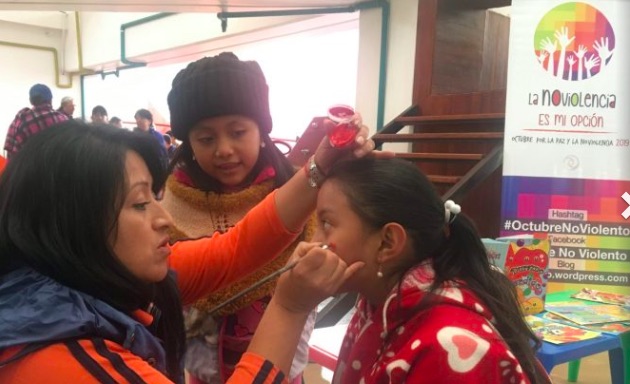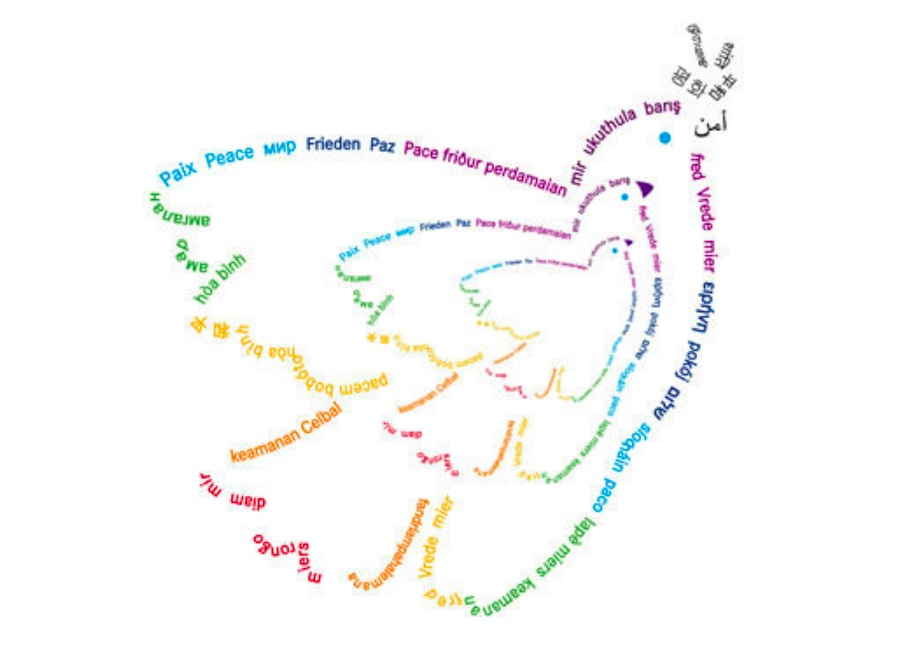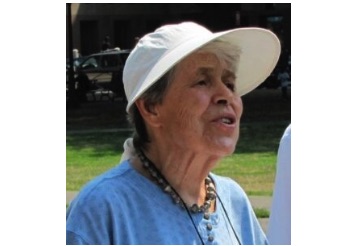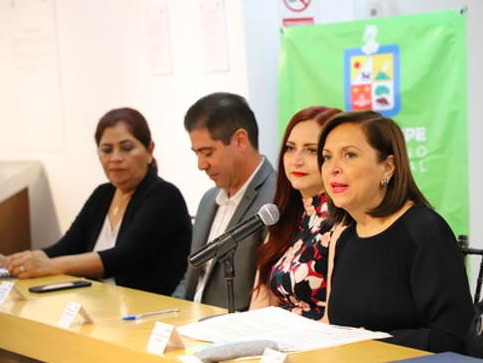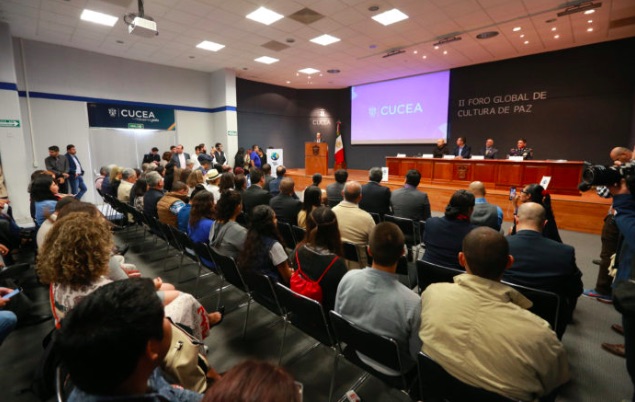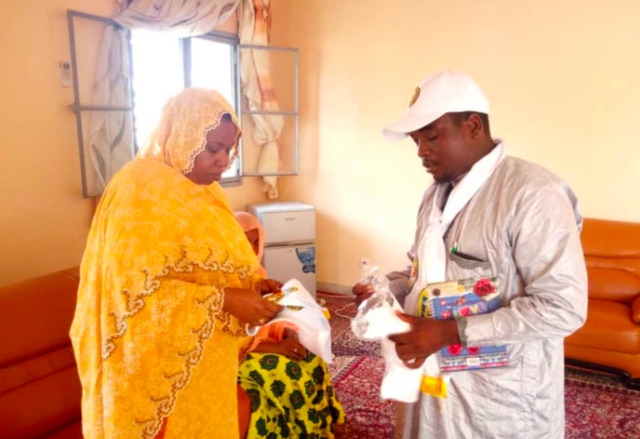. DISARMAMENT & SECURITY.
A press release from the Algeria Press Service (translation by CPNN)
Head of State Abdelkader Bensalah delivered a speech at the 18th Non-Aligned Movement (MNA) Summit in Baku, Azerbaijan, which reads as follows:
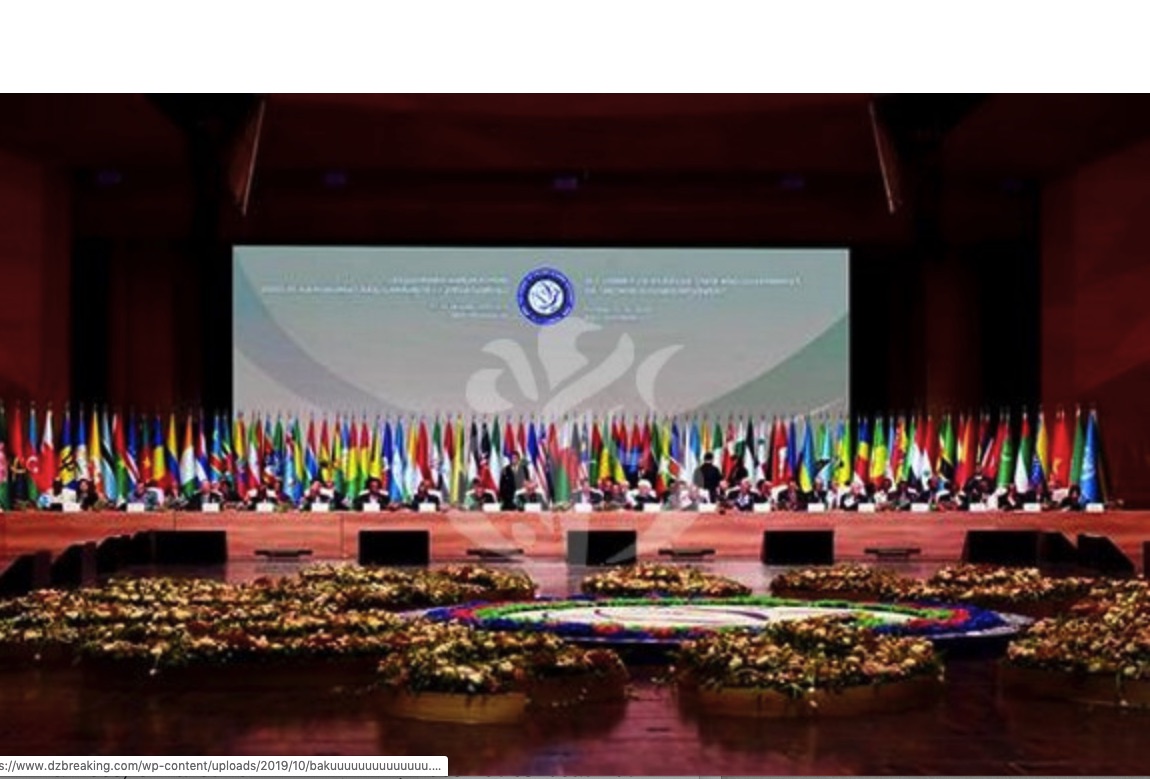
(Click on image to enlarge)
“Mister President,
Excellencies,
Ladies and gentlemen,
I would first like to express my heartfelt thanks to the people and Government of Azerbaijan, a friendly country, headed by President Ilham Aliyev, for the warm hospitality and perfect organization of the work of this summit. I also congratulate Azerbaijan on its rise to the presidency of the Non-Aligned Movement (NAM) with full confidence in the ability of its representatives to work towards the continuity and dynamism of the role of our movement in the light of the challenges current challenges facing our countries.
I also wish to express my thanks and appreciation to the Government of Venezuela for its leadership and praiseworthy efforts during the last three years to consolidate the noble ideals of the NAM.
Mister President,
Through its history and achievements, our Movement has demonstrated its ability to become an actor in a new world order, based on the values and principles enshrined in the Charter of the United Nations and International Law. An order establishing a solid foundation for partnerships based on mutual interest and respect for the sovereignty and will of countries.
Likewise, our Movement has shown its foresight in the realization of peaceful political solutions with a view to preserving international peace and security.
Our meeting is taking place today in a particular context and in an international context that impose on the NAM the need to assume its responsibility, as a bloc, in the face of the challenges facing its countries, in particular the proliferation of hotbeds of tension and regional and international conflicts. There are also the challenges posed by disarmament, escalating crises, climate and migration, and sectarian and ethnic conflict, which provide fertile ground for racism, hatred, violent extremism and violence as well as enlargement of the sphere of international terrorism.
At the threshold of the third decade of this century, the aspirations of theNAM countries for sustainable development are confronted with a reality marked by the deepening of the gap between the North and the South in several fields, hence the imperative of the unification of visions and efforts to find urgent solutions through frank dialogue and serious work to ensure the stability and security of member countries.
These challenges, which are of deep concern to all of us, are in fact a source of inspiration and stimulation for the strengthening of our ranks and the combination of our efforts.
Mister President,
The Palestinian cause, which is at the heart of the concerns of our Movement, has reached a turning point that can torpedo the peace efforts that have been made in recent years.
Our historical, moral and legal responsibility requires us to renew our permanent commitment to this cause and to reaffirm our unwavering and constant support to the Palestinian people in their quest for their inalienable national rights, including their right to self-determination and the building of an independent Palestine state.
As part of the broad wave of solidarity with the Palestinian cause around the world following the transfer of the embassies of some countries to El-Quds and in the light of the continuation of the hostile and criminal acts of the occupier against the Palestinian people and its rights, Algeria reiterates, from this rostrum, its unwavering support for the Palestinian people and their just cause.
The acceleration of events in many countries of our brothers and friends, and the propensity to resort to the logic of force instead of the force of logic, challenge us all to seek the most efficient ways to restore stability in these countries. and regions. Algeria remains deeply convinced of the importance of dialogue and the peaceful settlement of conflicts, and is committed to the fundamental principles of the United Nations and international law, particularly with regard to the preservation of international peace and security, and therefore it does not spare any effort in this context.
(Click here for the French version of this article.)
(Continued in right column)
Question related to this article:
The Non-Aligned Movement: Is it an effective force for peace?
(Continued from left column)
Mister President,
Algeria reiterates its call on the Libyan parties to uphold the country’s supreme interest and to adhere to efforts to find an inclusive peaceful solution, reflecting on the ground the work for the restoration of security and stability in all the territory of Libya, for the preservation of its sovereignty and independence, the unity of its people and respect for its institutions.
Regarding the crisis in our brother country, Syria, Algeria has repeatedly urged the parties concerned to show foresight to end all forms of violence and destruction, the rejection of all external interference and adherence to a reconciliation process. Indeed, a political solution is the only way to guarantee the assumption of the legitimate demands of the Syrian people and the preservation of its sovereignty, its stability and its territorial integrity.
The humanitarian crisis engendered by the conflict in Yemen, which we wish to see prosperous again, leads us to urge, once again, the protagonists to make the interest of their country prevail through negotiation and dialogue, serenity and stability in the framework of national unity.
Mister President,
Algeria reaffirms its commitment to continue to work with all partners to establish a solid foundation for stability and security in the Sahel region in the context of respect for the sovereignty of countries and the lack of interference in their internal affairs.
Four years have already elapsed since the signing of the Mali Peace Agreement, which, despite the difficulties encountered in the implementation of its clauses, remains an indispensable instrument today for the definitive settlement of the Malian crisis..
This Agreement, which was certainly not easy to put into place, is underpinned by an approach based on national reconciliation and respect for the territorial integrity and national unity, and it also opens the way to real prospects for socio-economic and cultural development.
The implementation of the clauses of this Agreement has led to encouraging progress, but much remains to be done. Algeria pledges to continue its role, serious and effective, in the Follow-up Committee with the international parties concerned, for a judicious contribution to the removal of the obstacles preventing a total exit from the political and security crisis.
Mister President,
The support for just causes and the historic efforts of the NAM alongside peoples struggling for their independence and freedom, throughout the past decades, demand respect and recognition for the Movement’s steady and principled position in favor of Saharawi people’s right to self-determination.
Algeria is concerned that the return of the two warring parties to the negotiating table was interrupted by the resignation of the Personal Envoy of the UN Secretary-General for the Western Sahara. As a neighboring country and as an official observer in the UN settlement process, Algeria reiterates its appeal to the UN Secretary-General to revive the dynamic that he had launched.
Mister President,
Many of the Movement’s countries are confronted with the scourge of terrorism, in all its forms and origins, which, even though the world has still not managed to give it a global definition, is unanimously held to have serious political, security and economic repercussions.
Algeria, with its experience in the fight against terrorism for a whole decade, has been able to develop an inclusive approach, based on national reconciliation, focusing on the importance of combining efforts to eradicate foci of terrorism and the drying up of its sources, with special attention to socio-economic development issues.
My country also works to promote the culture of peace at the global level. We were at the origin of the decision of the UN General Assembly to celebrate the World Day of Living Together in Peace, coinciding with May 16 each year.
Undoubtedly, the NAM remains a major international player, whose achievements and emergence as defender of the hopes and aspirations of the peoples of its member countries can only be welcomed today, given that it has spared no effort to counter threats, unify visions and efforts, and crystallize solutions in the context of an international reality of a multipolar world.
Our Movement must seize this opportunity to translate the vision of its member countries for a reform of the UN system and an enlargement of the Security Council, essential requirement of the African Continent, which is fighting for the end of the historical injustice imposed on its countries, as well as for the revitalization of the role of the General Assembly in enabling it to fully exercise its prerogatives and achieve its ultimate objectives of providing a forum for peoples, to consecrate peace and to address the major challenges facing the international community.
Mister President,
In conclusion, Algeria wishes to reiterate its conviction that the NAM is still capable of playing an effective role in the current international context, continuing to aspire to a new world order, based on scrupulous respect for the commitments made in the UN Charter and international law. promoting the encouragement of socio-economic cooperation, the commitment to good neighborliness and the promotion of constructive initiatives to reduce disparities between North and South.
Thank you for your attention”.
